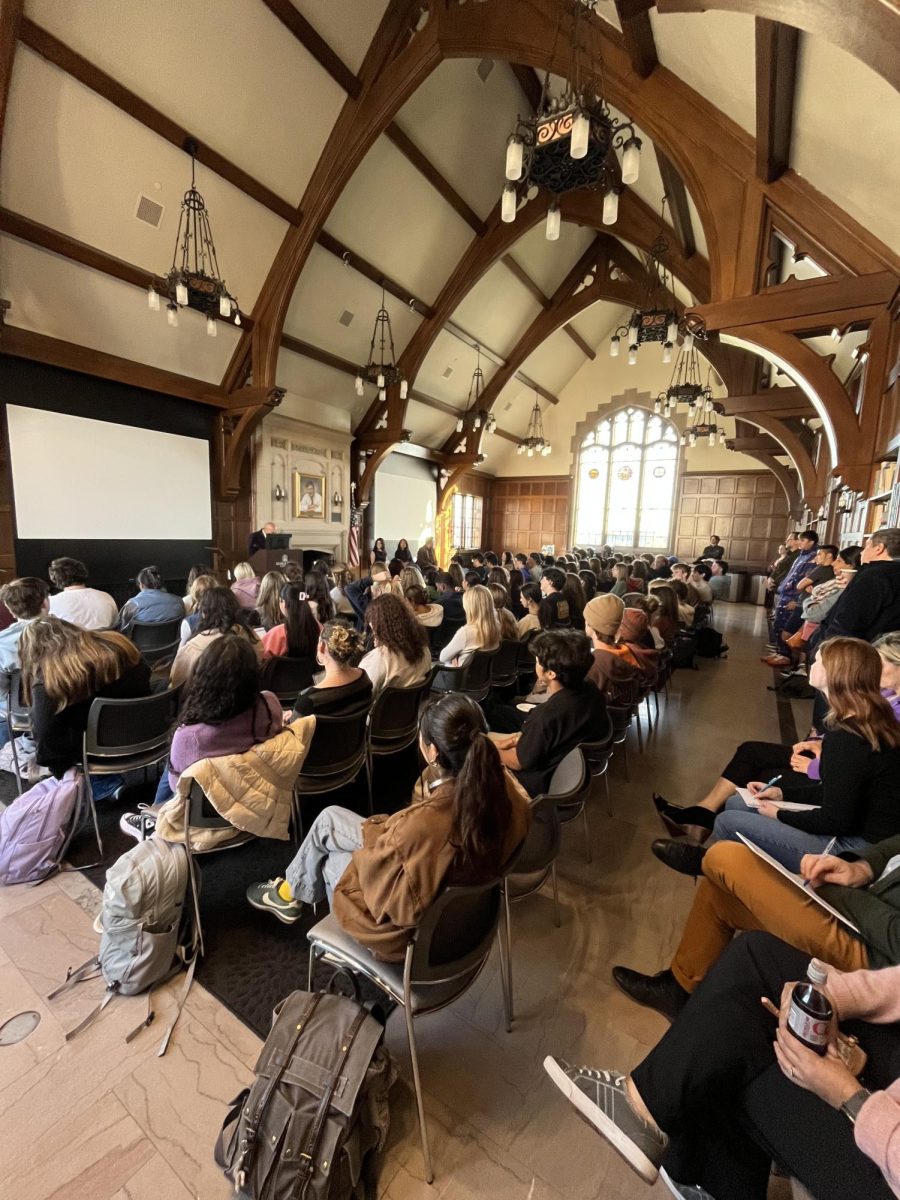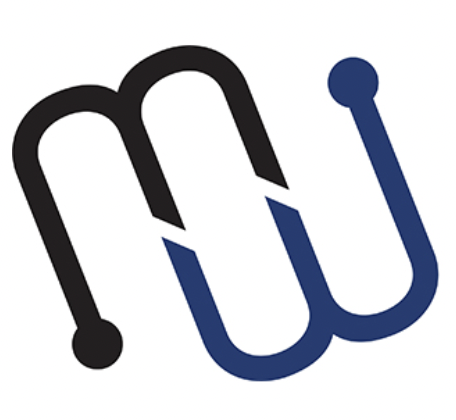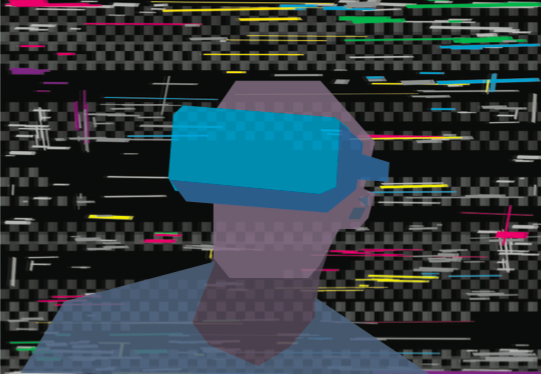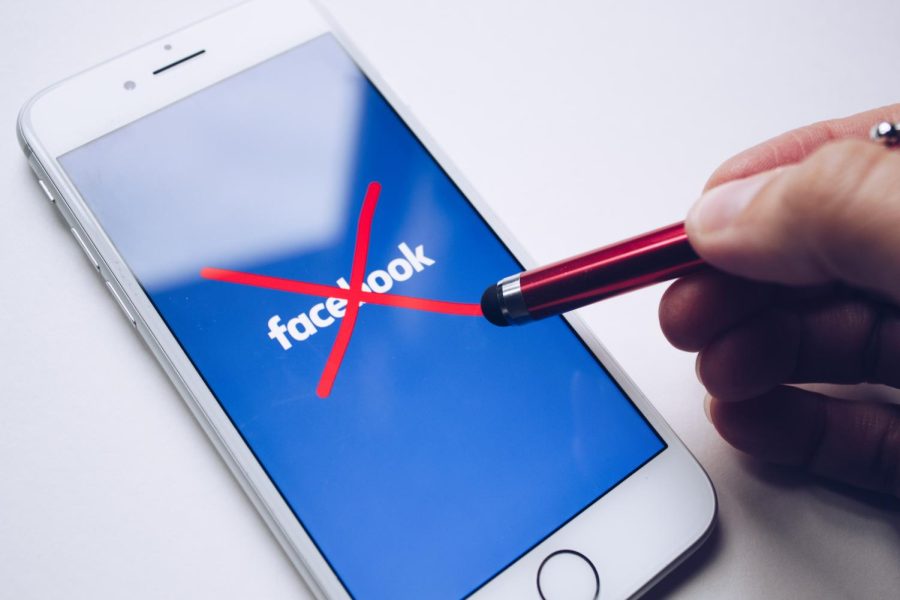It’s a hard thing for me to admit, but I am a social media junkie. I signed up for Myspace in the sixth grade. When Facebook popped into the scene, I created an account and then sobbed when my mom found out and made me delete it. I talked to my friends on AIM, and when I got my first smart phone, part of the joy was knowing that I could now utilize Instagram and Twitter on the go.
Unfortunately, applets like Timehop allow me to relive some of the stupid things I have posted in the past. I could spend hours removing tags from unflattering photos and deleting equally unflattering statuses.
Now, I am at a place in my life where I think I have cleaned up my social media act. I am friends with former teachers and employers and create my posts carefully with their judgements in mind. If I had to describe my presence, I would call it appropriate.
But what even is appropriate? How buttoned-up should your online presence be?
Maybe start by forgoing the post about what you did last Friday night. Your social media accounts still belong to you — you don’t need to create an entirely new identity for the world wide web, but you should be cognizant of the personality you are portraying.
You are obviously allowed to show your personality online, but we live in a time when most people make first impressions by looking at an internet profile. The content of your page is now just as important as the firmness of your handshake. Just as easily as you can gather information about a company before an interview, the interviewer can gather information about you.
Some people will tell you to separate profiles, personal apart from professional. But really, what are you trying to hide? Is your great-aunt so accustomed to your embarrassing Facebook rants that she’s allowed to stay in the loop, while your co-workers are shunned to your “professional profile”? Where is the transparency in that? Perhaps it is because I am a journalism student and have learned not to hide anything because credibility is key, but I believe transparency is an important concept for everybody to understand.
Furthermore, I doubt that you really have the extra time to manage two separate social media identities. Instead, focus on putting your best self out for the world to see. Not everything you do needs to be shared with the world, but what you do share should represent the kind of person you hope your boss thinks you already are.
Today, Twitter is just as important to a professional as LinkedIn. While LinkedIn is considered the Facebook for professionals, Twitter is a forum for everyone, professional or otherwise. Utilize it as a means to show people what you care about. It really is the ultimate online discussion tool.
One thing that is often missed in the discussion of online personality is the concept of ethics. Celebrities and politicians are constantly berated for posting offensive or untrue things to their Twitter accounts. Perhaps you will receive less scrutiny than a Top-40 celeb for a tasteless tweet, but if the wrong person sees it, you could be dealing with serious consequences.
Beyond the information that you share with the world, you should also check your spelling and grammar. You don’t have to follow MLA formatting for your tweets, but spellcheck exists for a reason. Comprehension is so important, especially online where tone is often misunderstood or missed altogether.
At the end of the day, what you post online is completely up to you, but remember, what you post is a representation of who you are and what you believe. If people perceive you poorly because of the content of your social media pages, that is your burden to bear. You are what you tweet.









